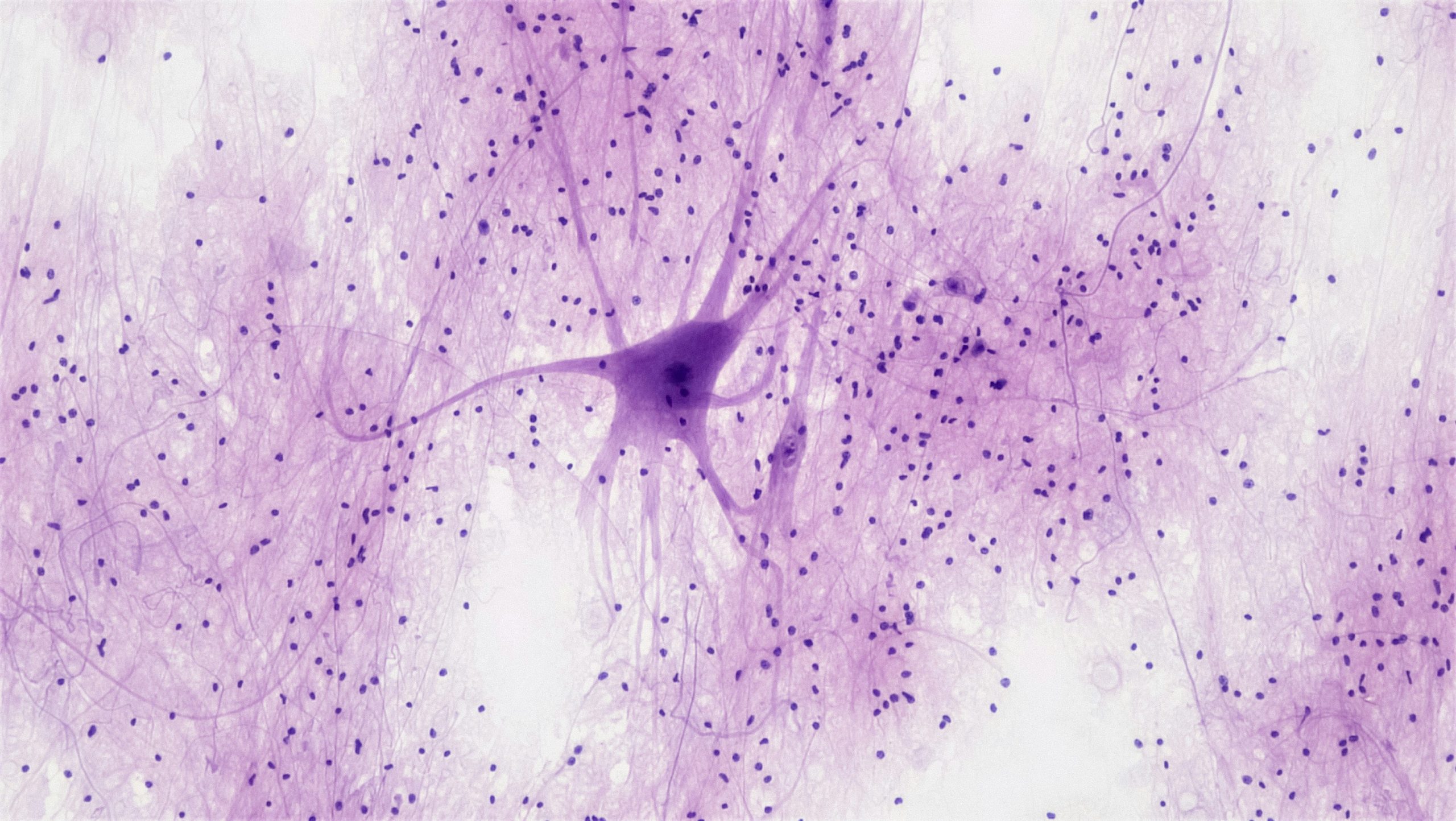Christen Rayner, Year 12, St Anthony’s & St Aidan’s Sixth Form, Tyne and Wear
Runner-up for the Schools Science Writing Competition, Trinity Term 2020
‘Prior to penicillin and medical research, death was an everyday occurrence. It was intimate.’
Katherine Dunn
The discovery of penicillin was undoubtedly one of the most important scientific discoveries in recent history. However, despite penicillin being highly influential to modern medicine; penicillin was discovered accidentally. It was discovered by Alexander Fleming in 1928, when after arriving back to his London laboratory from a two-week vacation he noticed there was a zone around an invading fungus on an Agar plate; in which the bacteria did not grow. After examining the mould, he noticed that it belonged to the Penicillium genus, and called the active agent penicillin. Upon examination of the mould he noticed that penicillin had an antibacterial effect on staphylococci (the bacteria in the Agar plate).
Despite Fleming discontinuing penicillin studies in 1931, studies of penicillin were completed by Howard Florey and Ernest Chain, two researchers of Oxford University. Then in 1940, with the help of Norman Heatley, who was able to extract penicillin from large volumes of filtrate from the fermentation vessels, Florey was able to carry out crucial experiments on penicillin. The experiments showed that the experimental penicillin, made from their production and purification process, had sufficient potency to protect organisms form Streptococci; a type of bacteria. This was achieved because the experiments had 8 mice injected with Streptococcus and then 4 of these mice with penicillin, whilst the other four were left as controls. The mice that were left as controls all died, but the four that were treated with penicillin survived.
Further tests were carried out that proved penicillin’s effectiveness at treating bacterial infections, the first human recipient of penicillin was Albert Alexander; who was exhibiting a life-threatening infection, the administration of penicillin produced significant improvements in his condition. However unfortunately, because of the limited supply of the penicillin, he died a few weeks later.
The discovery of penicillin changed the course of modern medicine significantly, because due to penicillin infections that were previously untreatable and life threatening were now easily treated. These diseases include tonsillitis, bronchitis and pneumonia; which are all life threatening if left untreated, but with the help of penicillin the chances of survival increased significantly. Even dating back to World War Two, penicillin was crucial to saving millions of lives, with it decreasing the death rate from bacterial pneumonia in soldiers from 18% to 1% and saving the life of 1/7 UK wounded soldiers.
Also, not only has penicillin directly change the world of medicine, by treating some bacterial infections, it also led to the creation of over a hundred other antibiotics; which all help improve the quality of life of people who without the antibiotics would be suffering from life-threatening diseases. Everybody in their lifetime has more than likely benefited significantly from the discovery of penicillin.
However the brilliance of antibiotics has actually turned out to be their weakness. As more antibiotics were being used to treat infections, the bacteria started to adapt to survive form the antibiotic, thus making it less effective. Without mitigation, antibiotic resistance will become a global threat within the next few decades. This means antibiotics are no longer as reliable to cure our infections and making the possible antibiotic resistance era that could be upon us soon very daunting. If antibiotics are used at the current rate and bacterial resistance continues then people are more susceptible to life threatening diseases, which would subsequently significantly reduce people’s life expectancy. There are already antibiotic resistant diseases, for example MRSA which although may not always be fatal it can cause serious secondary infections; and because they are resistant to antibiotics it is very difficult to treat and classed as a ‘superbug’.
In conclusion, I believe that penicillin is one of the most important recent scientific discoveries, because of how influential it was in changing how we treat infections. The fact that penicillin was discovered accidentally highlights how a scientific breakthrough can occur at any point and scientists should never give up. The antibiotic resistance crisis highlights how dangerous a world without antibiotics is, and thus shows how important of a discovery penicillin was and will continue to be in the future.





